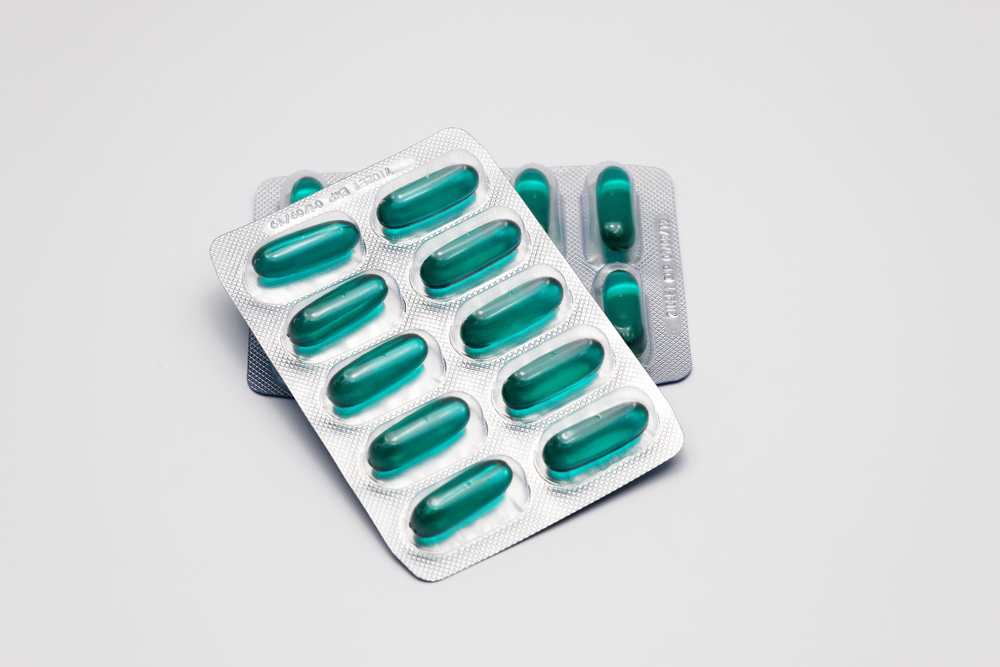Soft tissue injuries, such as a hamstring pull or an ankle sprain, are common occurrences in our active lives. Whether you’re a weekend warrior, a fitness enthusiast, or simply prone to accidents, these injuries can be both painful and frustrating. In the quest for speedy recovery, many people turn to anti-inflammatories as a go-to solution. But are these medications really the best option for soft tissue injuries? In this blog post, we’ll dive into the cutting-edge research to uncover the pros and cons of taking anti-inflammatories after such injuries and explore alternative options for optimizing your recovery.
The Role of Inflammation
Before we delve into the debate over anti-inflammatories, it’s important to understand the role of inflammation in the healing process. Inflammation is the body’s natural response to injury, and it serves several vital functions, including clearing away damaged tissues, initiating repair processes, and defending against infection. While inflammation is essential for healing, excessive or prolonged inflammation can lead to discomfort, swelling, and delayed recovery. This is where anti-inflammatories come into play.
Pros of Anti-Inflammatories:
- Pain Relief: One of the primary benefits of anti-inflammatories like Ibuprofen and Naproxen is pain relief. These medications can help manage the pain associated with soft tissue injuries, allowing you to move more comfortably during recovery.
- Reduced Swelling: Anti-inflammatories can help reduce swelling, which, in turn, can improve mobility and accelerate the healing process.
Cons of Anti-Inflammatories:
- Impaired Healing: Some research suggests that taking anti-inflammatories immediately after an injury may impair the body’s natural healing process. Inflammation, as mentioned earlier, plays a crucial role in tissue repair, and suppressing it too early could hinder the recovery process. Vuuberg 2018 & Schug 2021 At the moment the evidence that there is impaired healing or not is pretty sparse, therefore, further research is needed.
- Gastrointestinal Side Effects: Long-term use of anti-inflammatories can lead to gastrointestinal issues such as ulcers, gastritis, and bleeding. It’s crucial to follow recommended dosages and consult a healthcare professional if you plan to take these medications for an extended period.
- Masking Pain: While pain relief is a significant advantage, it’s essential to remember that pain serves as a signal from your body. Masking pain with anti-inflammatories might lead to overuse of the injured area, potentially worsening the injury.
Alternative Options:
- RICE Protocol: The Rest, Ice, Compression, and Elevation (RICE) protocol remains a trusted method for managing soft tissue injuries. Resting the injured area (not necessarily resting the entire body), applying ice, using compression bandages and/or compression garments, and elevating the affected limb can help reduce pain and swelling naturally. Instead of RICE some use the acronym PEACE which stands for Protect, Elevate, Avoid anti-inflammatories, Compress & Elevate.
- Physiotherapy: Working with a physiotherapist can be instrumental in rehabilitating soft tissue injuries. They can guide you through the rehabilitation process with advise on what activities to temporarily avoid. They can also provide manual therapy techniques in the early and later stages of the recovery, along with prescription of exercises that promote healing and improve mobility.
- Nutrition and Supplements: A balanced diet rich in anti-inflammatory foods and supplements like omega-3 fatty acids can help support the body’s natural healing processes.
The Bottom Line
So, should you or should you not take anti-inflammatories after an acute soft tissue injury? The answer is not a one-size-fits-all solution. It depends on your specific circumstances and the advice of a healthcare professional. While anti-inflammatories can provide pain relief and reduce swelling, their long-term use and potential to hinder the body’s natural healing process should be carefully considered. With more research we should develop a better understanding of the pros and cons of anti-inflammatories. In the meantime, balancing pain management with the body’s innate healing mechanisms through alternative options like the RICE protocol, physiotherapy, and proper nutrition may offer a more comprehensive approach to recovery.
In the end, your health should be your top priority. Give North 49 a call at 306-343-7776 or book an appointment online with one of our team physiotherapists to determine the best course of action for your soft tissue injury. Remember that patience, consistency, and proper care are key to maximizing your recovery.

